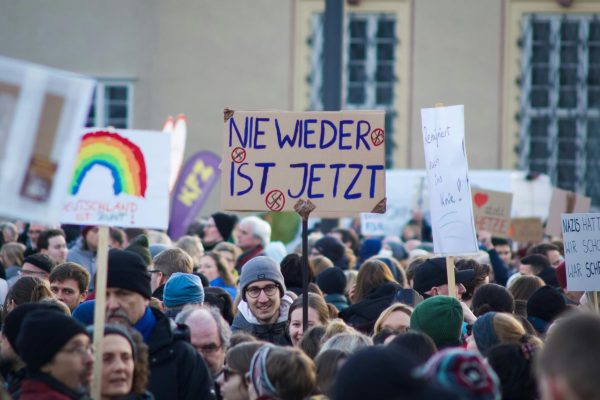Losing Rights Without knowing: Chinese Ideology Education and Internet Censorship
With the technological quantum leap and rising prevalence of social media, the general public has easier access to all kinds of news and information. The social shift from an industrial to an informational society has stimulated the people’s desire to pursue values beyond fundamental human rights, such as the right to education and the freedom of speech, guaranteed. But what if the government is hindering this natural human desire?
Above is a general explanation of China’s status quo. In August 2019, Xi Jinping, the Chinese premier, commanded that all media workers complete education through the application “Study Xi, Great Nation” and test their knowledge of communism. If one is not conferred with a completion certificate, one’s income may be cut down or be punished by other means. In addition, the Beijing Ministry of Education banned English textbooks and original English texts entirely for elementary and middle school students. Public schools are strictly prohibited from using self-produced or imported textbooks and are only allowed to purchase textbooks written by the Chinese Ministry of Education. Private schools haven’t excluded English classes from their educational curriculum yet, and even public school students are still learning English through expensive tutoring.
Besides the government’s control over education, internet censorship in China is also considered an infringement of freedom of speech. Internet censorship is the control over the access, publication, and view of internet presses. The Chinese government instructed all Chinese media, websites, broadcasting stations, and radio networks to create an online band using the app “Study Xi, Great Nation.” David Banderski, the chief of the University of Hongkong’s independent study group, warned that the mandatory download of this app is a new form of digital supervision and with 100,000,000 users downloading it the government’s control negatively increases. Many social media posts and comments were deleted automatically, and even some individuals’ accounts were eliminated, irretrievably. There were too many incidents as such, which can’t be considered a mere coincidence or a systematic network error.
The government’s control over national education is a natural circumstance, as federal education should reflect the country’s national spirit and students should acquire the cultural context. Censorship also brings positive consequences if used adequately, as it can prevent posts or articles that are significantly biased and discriminatory enough to harm a particular social group. However, in the globalised world, China’s new policy is being criticised pungently as the policies’ aims are contaminated with the communist government’s ambition towards absolute political authority.
Will China find a compromising point that satisfies both the Chinese governments’ and the international perspective? Or is this new policy a signal for retrogression, heading backwards to Mao Tse-tung’s ruling period?




